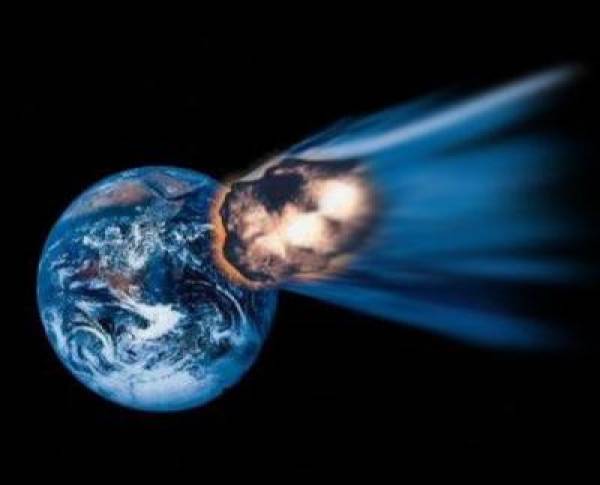Asteroid Apophis Odds of Hitting Earth Same as Shingo Katayama Golf Win

Asteroid Apophis is slated to come dangerously close to the planet Earth come April 13, 2029. But before we all get too freaked out, scientists have given the odds of this 25-story building sized asteroid slamming into the Earth odds of 1 in 45,000. In terms of a payout on this bet (odds have yet to be offered), we are looking at $45,000 for every $100 wagered.
But alas, those are some seriously long odds...Let's face it, Japanese golfer Shingo Katayama was listed with 1 in 50,000 odds (or +50000) to win the 2009 US Masters at Sports Interaction Shingo who? Yeah exactly.
Oh wait a second. This is the same Shingo Katayama who finished....errrr...4th at this year's US Masters.
Let's get back to that Asteroid. On the bright side, Shingo still didn't win the 2009 US Masters with those long odds....He came close, just as this asteroid could come close. Also, the passage will be 20 years from now and hopefully we'll have a missile defense system in place by now to knock it out of the sky.
During the 2029 visit, the asteroid is expected to be visible to the naked eye at night.
Apophis, which was discovered in 2004, is about 210 to 330 meters, or 690 to 1080 feet, in diameter, according to NASA.
In comparison, the asteroid thought to have wiped out dinosaurs 50 million years ago was 6.2 miles in size. In more recent history, an asteroid that was about 50 meters, or 164 feet, exploded over Siberia, an unpopulated part of Russia, in 1908. It torched or blew down trees in an 800-square mile area,
"As things get bigger, the amount of devastation goes up dramatically," but so does the length of time between occurrences, Nick Kaiser, the lead scientist of a new University of Hawaii asteroid-hunting project, told Discovery.
A half-mile diameter object hitting Earth would be likely to cause a global catastrophe, Kaiser said. But events like that happen only every couple of million years.
This object is predicted to come historically close, about a 1 in 800 year event, NASA said.
Payton O'Brien, Gambling911.com Senior Editor














